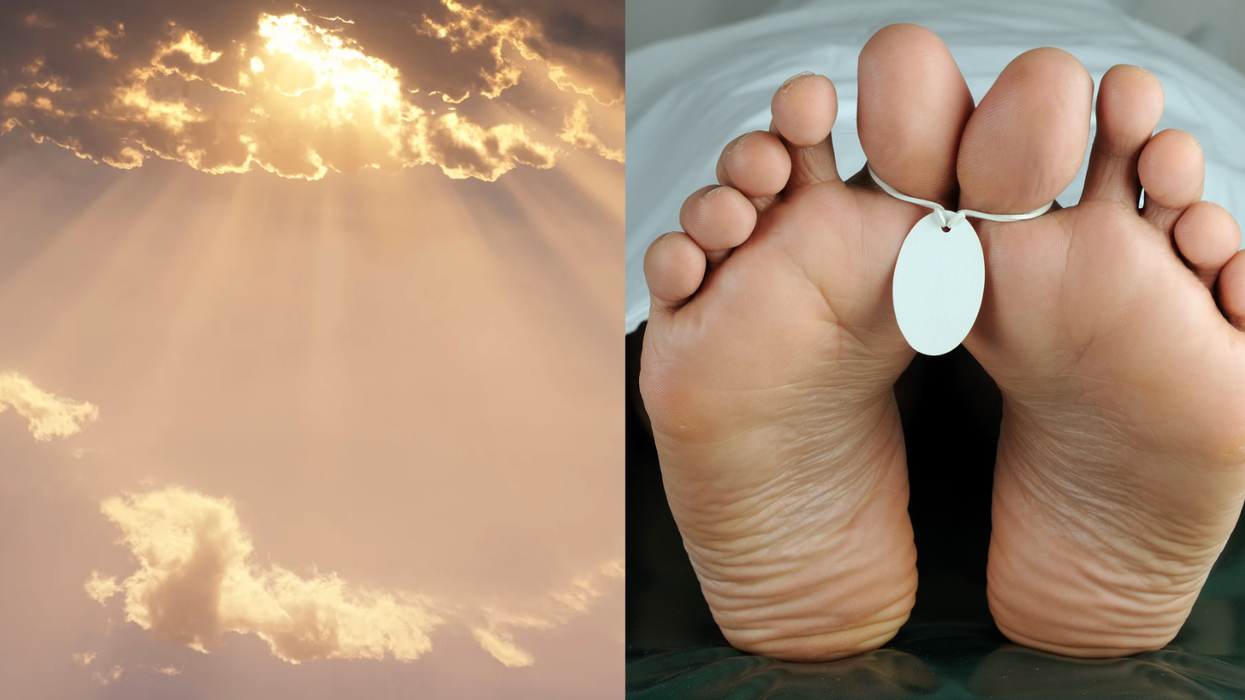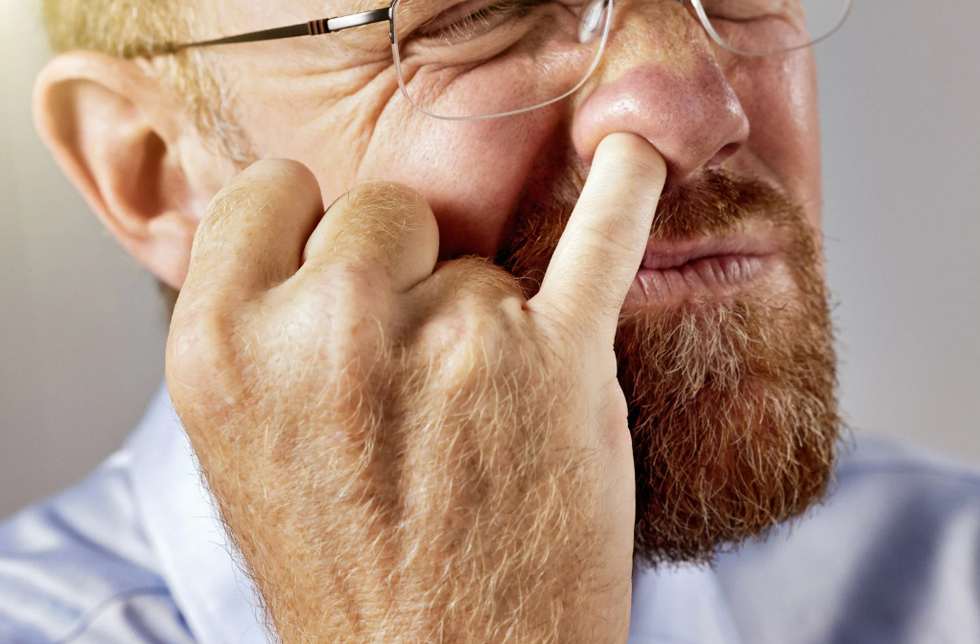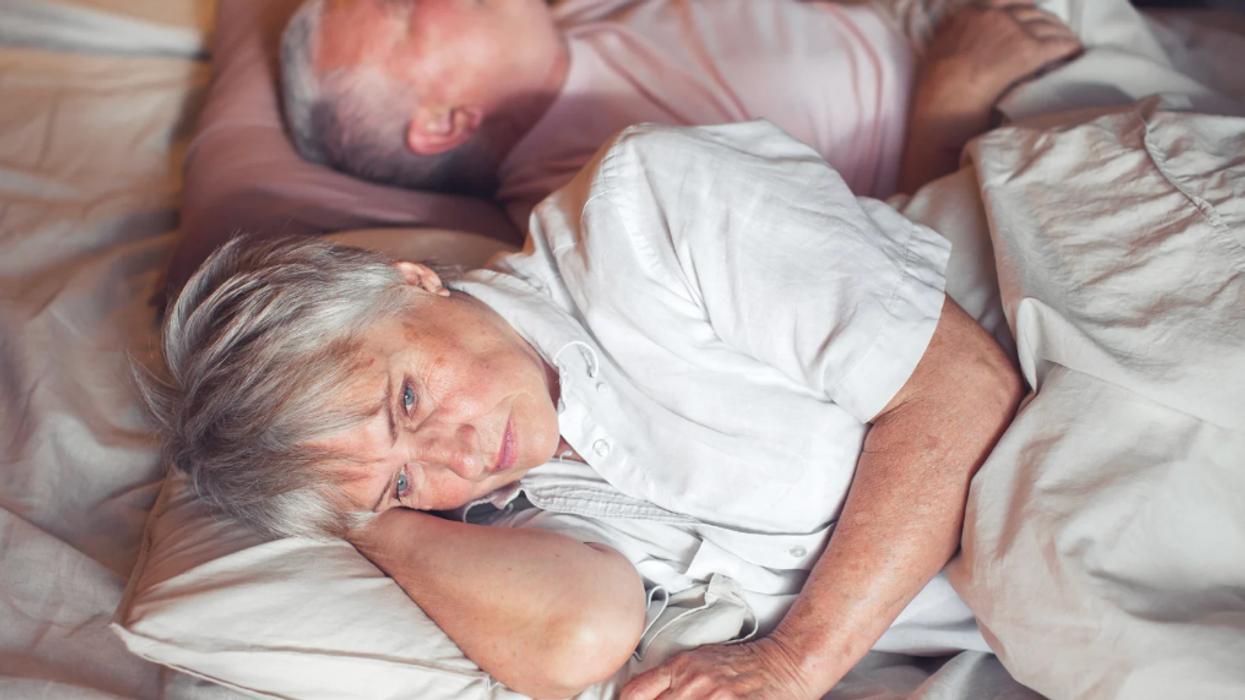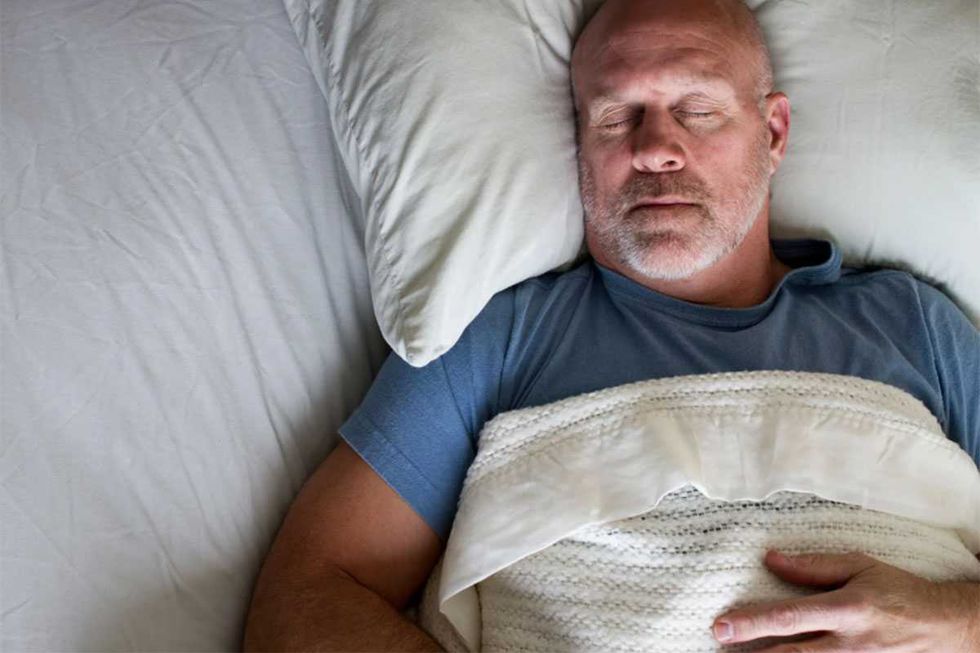To eat or not to eat before a workout? That question has confounded athletes ever since leggings gained acceptance as pants. Sure, you know not to eat a burrito before swimming laps, but what about a quick snack before lifting weights? Abdominal discomfort aside, the better option for your overall health has long been a mystery—until now. According to one new study published in The American Journal of Physiology—Endocrinology and Metabolism, you may be better off eating nothing at all.
Instead of focusing strictly on sports performance, researchers from the University of Bath in England looked at average people and focused on the effect mealtimes have on the casual exerciser’s general health. Researchers had participants complete the same morning workout (an hour-long treadmill walk at a moderate pace) multiple times with the only change being breakfast (consisting of toast, jam, cereal, milk, and orange juice) or no breakfast.
After studying the participants’ blood and fat tissue just before and one hour after they exercised, researchers found marked differences. Participants burned more fat when they fasted—as opposed to eating a calorie-laden breakfast before exercising. On the flip side, those who ate before exercising tended to burn more calories than those who had fasted.
Looking beyond these surface-level differences, researchers found when you eat has a complicated influence on your fat cells, affecting blood sugar regulation, insulin levels, and metabolism. Essentially, working out first thing in the morning before you’ve had anything to eat might be the best way to make the most out of your workout, concludes Dylan Thompson, the study’s senior researcher.
But before you rush to set your alarm for a 6 a.m. workout, know this study does have some flaws. For instance, they enlisted only men for the study due to the challenge of controlling for metabolic variables caused by menstruation. Secondly, the researchers studied a sample size of 10 overweight and sedentary men, which doesn’t represent all men by any means. And while working out on an empty stomach might invigorate your fat cells, the study showed participants still burned more calories when they’d eaten first, so fasting doesn’t necessarily translate to accelerated weight loss.
At the end of the day, to eat or not to eat may be beside the point. Either way, you still have to exercise to stay fit.















 A woman conducts a online color testCanva
A woman conducts a online color testCanva A selection of color swatchesCanva
A selection of color swatchesCanva A young boy takes a color examCanva
A young boy takes a color examCanva 

 Pictured: A healthy practice?
Pictured: A healthy practice?


 Is solo sleep the best sleep?
Is solo sleep the best sleep?  Some poeple want their space, and some can't imagine being that seperate.
Some poeple want their space, and some can't imagine being that seperate. 
